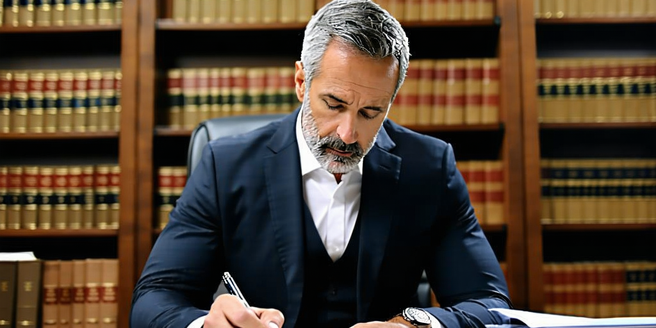
Understanding the Basics of Estate Planning
Estate planning involves preparing tasks that manage an individual’s asset base in the event of incapacitation or death. It generally involves bequeathing assets to heirs and settling estate taxes. The most common tools used in estate planning are wills, trusts, powers of attorney, beneficiary designations, and living wills. Estate planning is important because it helps individuals ensure that their wishes regarding the distribution of their assets are honored, and that their loved ones are provided for after they pass away. Proper estate planning can also help reduce the stress and financial burden on the family members left behind. Planning ahead can help mitigate family disputes, minimize taxes, and ensure that one’s healthcare and financial preferences are carried out as desired.
Key Elements of a Comprehensive Estate Plan
A comprehensive estate plan should account for more than just a will. It typically includes a variety of legal tools that ensure both short-term and long-term goals for your assets and your family are met. These can include living trusts, which allow you to manage your assets while alive; durable powers of attorney that appoint someone to make financial decisions if you become incapacitated; and healthcare directives for medical decision-making. Beneficiary designations are also critical, as they specify who will receive benefits from accounts like retirement plans or life insurance. Additionally, considering life insurance policies to help cover inheritance taxes or support dependents is another important aspect. A solid estate plan provides peace of mind through effective financial management during all stages of life and upon death.
Integrating Health Coverage Into Your Estate Plan
Integrating health coverage into your estate plan ensures your medical needs are met in case of incapacitating illness or injury. This vital step can protect your financial resources from being depleted by unexpected healthcare costs. Consider including long-term care insurance to cover potential extended healthcare services not covered by standard health insurance. Furthermore, understanding and integrating Medicare and other health benefits can streamline medical expenses management. It’s also wise to implement a healthcare proxy, allowing a trusted person to make medical decisions on your behalf if you’re unable. By addressing health coverage in your estate plan, you increase your preparedness for life’s uncertainties while safeguarding your estate from substantial healthcare costs, ensuring resources are available when needed most.
The Role of Healthcare Directives in Estate Planning
Healthcare directives, also known as living wills or advanced directives, play a crucial role in estate planning by outlining your medical preferences in situations where you cannot communicate them yourself. These documents ensure that your choices regarding medical treatment, life support, and end-of-life care are respected. They provide peace of mind by removing decision-making burdens from family members during emotional times of crisis. Including a durable power of attorney for healthcare in your estate plan is also important, as it appoints a trusted individual to make healthcare decisions on your behalf. Together, healthcare directives and powers of attorney ensure that your wishes are known and considered, offering clarity and guidance to loved ones and medical personnel.
Choosing the Right Estate Planning Professionals
Selecting the right professionals to assist with your estate plan is vital to ensuring your provisions are comprehensive and in accordance with legal requirements. An experienced attorney specialized in estate planning can help interpret complex laws and create documents tailored to your needs. Financial advisors can offer insights into asset management and tax implications, ensuring your estate plan is financially sound. A tax professional can ensure compliance with tax obligations, actively working to minimize liabilities. Lastly, discussing your plans with a trusted family member or friend can provide additional perspectives. By carefully selecting your team, you can ensure your estate plan efficiently reflects your wishes and safeguards your legacy for future generations.
